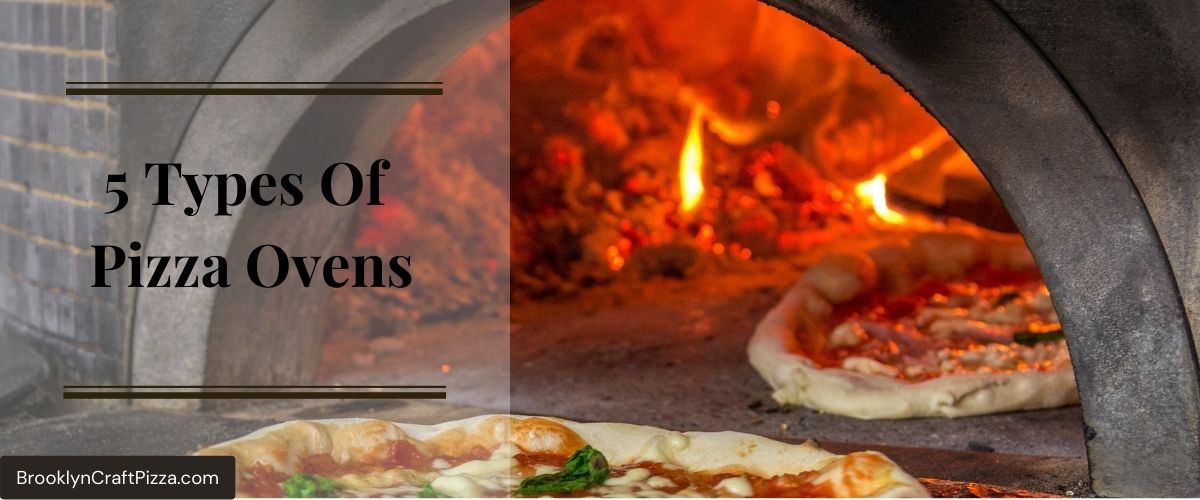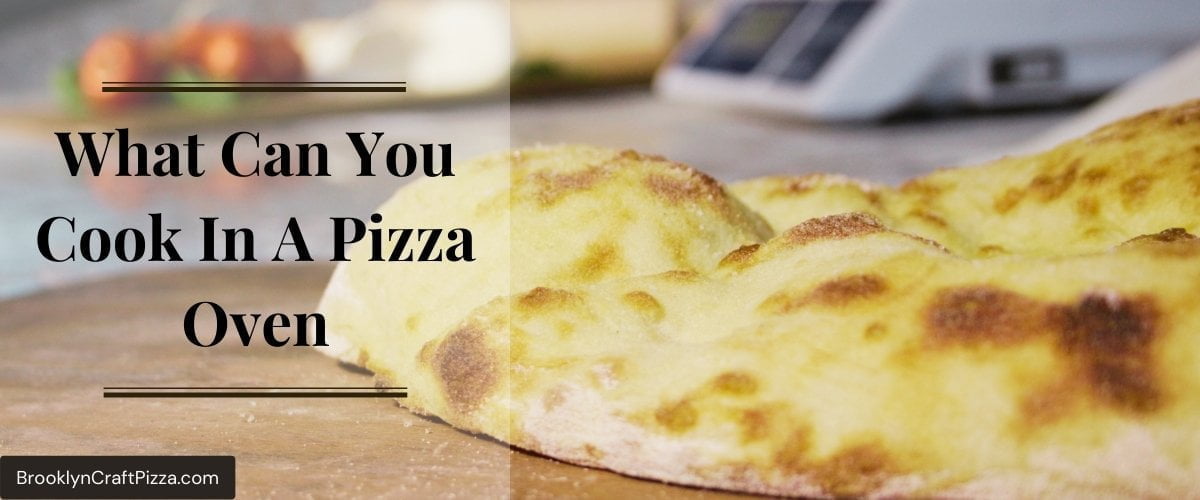
We all love a good slice of Frozen Pizza but is it really good for us? Let’s take a closer look at the ingredients in frozen pizza and see if it’s something we should be eating on a regular basis.
Checkout this video:
Is frozen pizza bad for you?
There is no clear consensus on whether frozen pizza is bad for you. Some people argue that it is unhealthy because it is typically high in calories, sodium, and fat. Others argue that frozen pizza can be part of a healthy diet if it is consumed in moderation.
One of the main concerns with frozen pizza is that it is often made with lower-quality ingredients than fresh pizza. For example, the dough may not be as fresh, and the cheese may have fewer nutrients. Additionally, frozen pizza often contains added preservatives and artificial flavors.
Another concern is that frozen pizza is often considered a “junk food.” This means that it is not typically nutrient-dense and may not provide the body with the vitamins and minerals it needs.Additionally, frozen pizza generally contains more calories than homemade pizza. This can be problematic for people who are trying to lose weight or maintain a healthy weight.
Some people argue that frozen pizza can be part of a healthy diet if it is consumed in moderation. Frozen pizza can be a quick and easy meal option for busy families or individuals. It can also be a good source of certain nutrients, such as iron and calcium. However, it is important to choose a frozen pizza that has fewer added ingredients and preservatives. Additionally, it is best to pair frozen pizza with other nutrient-rich foods to make sure you are getting all the nutrients your body needs.
The pros and cons of frozen pizza
Pizza is one of the most popular frozen foods, but it can also be one of the most unhealthy. A single slice of cheese pizza from a leading brand can contain over 470 calories, 22 grams of fat, and 780 milligrams of sodium. That’s more than a third of the recommended daily intake for calories, fat, and sodium.
On the other hand, frozen pizza can also be a good source of nutrients like calcium, iron, and vitamin A. And it’s quick and easy to prepare, which makes it a popular choice for busy families.
So is frozen pizza bad for you? The answer is that it depends on the brand and the ingredients. Some brands are healthier than others, and you can also find trapped flour pizzas with whole grain crusts and lower calorie toppings. If you’re looking for a quick and easy meal, frozen pizza can be a good option – just be sure to choose wisely!
The healthiest frozen pizzas on the market
is frozen pizza bad for you? We all know that frozen pizza is not the healthiest meal option. However, there are a few brands that are healthier than others. Here are some of the healthiest frozen pizzas on the market:
– Healthy Choice Primo Pepperoni Pizza has 310 calories, 9 grams of fat, and 590 milligrams of sodium per serving. It also has 20% of your daily recommended intake of calcium.
– DiGiorno Rising Crust Smart Edge Pepperoni Pizza has 330 calories, 10 grams of fat, and 640 milligrams of sodium per serving. It also has 20% of your daily recommended intake of calcium.
– Red Baron Classic Crust pepperoni Pizza has 340 calories, 11 grams of fat, and 650 milligrams of sodium per serving. It also has 25% of your daily recommended intake of calcium.
How to make a healthier frozen pizza at home
You don’t have to avoid frozen pizza altogether to keep it healthy. If you make some simple adjustments, you can create a healthier frozen pizza that is just as delicious as the store-bought kind.
When you are at the grocery store, look for a frozen pizza that has a whole wheat crust. This will give you extra fiber, which is good for your digestive system. If you can’t find a whole wheat crust, look for a thin crust pizza The thinner the crust, the lower the calorie and fat content will be.
When it comes to toppings, stick with lean meats like chicken or turkey. If you want sausage or pepperoni, look for versions that are lower in fat and sodium. You should also load up on vegetables. Add as many different kinds as you like – just make sure they are fresh or frozen (not canned).
And finally, watch your portion size. A serving of pizza is typically two slices, so don’t eat the whole pie! If you take these steps, you can enjoy frozen pizza without worrying about it being bad for your health.
The nutrition facts of frozen pizza
When it comes to pizza, there are a lot of opinions. Some people think that frozen pizza is just as good as pizza from a pizzeria, while others believe that it’s not worth eating unless it’s fresh. So, what’s the truth? Is frozen pizza bad for you?
The answer depends on a few factors, including the ingredients in the pizza and how often you eat it. Let’s take a closer look at the nutrition facts of frozen pizza to see if it’s really as unhealthy as some people think.
One slice of medium pepperoni frozen pizza from a popular brand contains 270 calories, 11 grams of fat, 5 grams of saturated fat, 20 mg of cholesterol, 580 mg of sodium, 32 grams of carbohydrates, 2 grams of fiber, 6 grams of sugar, and 12 grams of protein.
Compared to other types of pizza, frozen pizza is actually not that bad for you. It contains similar amounts of calories and fat as other types of pizza, but it has less sodium and cholesterol. And while it doesn’t have much fiber or sugar, it does have some protein.
So if you’re looking for a quick and easy meal that won’t ruin your diet, frozen pizza is a decent option. Just be sure to watch your portion sizes and not eat it too often.
The health risks of eating frozen pizza
Frozen pizza can be a convenient and tasty option, but there are some health risks to consider before you indulge. The dough in frozen pizza is often enriched with trans fat, which can increase your risk of heart disease. The sauce may also be high in sugar or sodium, which can lead to weight gain or high blood pressure. Topping your pizza with processed meats can also add unhealthy saturated fats to your meal.
Eating frozen pizza occasionally is unlikely to have a major impact on your health, but it’s important to be aware of the potential risks. If you’re concerned about your health, try to choose a frozen pizza with a leaner dough and lower sugar and sodium content. You can also top your pizza with healthy vegetables instead of processed meats.
The benefits of frozen pizza
We all know that frozen pizza is not the healthiest option out there. But, sometimes, it is the most convenient option. So, is frozen pizza bad for you?
Frozen pizza does have some benefits. It is usually lower in calories than take-out or delivery pizza, and it can be a good source of protein and fiber. Frozen pizza can also be a good option for those who are trying to eat gluten-free, as there are now many brands that offer gluten-free frozen pizzas.
Of course, frozen pizza is not without its drawbacks. One of the biggest drawbacks is that it can be high in sodium. One slice of frozen pizza can have upwards of 800 mg of sodium, which is more than half of the recommended daily intake. Frozen pizza also tends to be high in saturated fat and trans fat.
So, if you are looking for a healthy option, frozen pizza is probably not the best choice. But, if you are in a pinch and need a quick and easy meal, frozen pizza can be a decent option. Just be sure to read the nutrition label carefully before you buy and keep an eye on your portion size.
The drawbacks of frozen pizza
While frozen pizza can be a convenient and affordable option when you’re short on time or money, there are some definite drawbacks to consider. One of the biggest concerns is the quality of the ingredients used in frozen pizza. In many cases, the dough is highly processed and the cheese is made with artificial ingredients. The toppings are also often not very fresh or healthy.
Another downside of frozen pizza is that it can be high in calories, fat and sodium. A single slice can easily exceed 500 calories, which is a significant portion of your daily intake if you’re watching your weight. Frozen pizza is also often very greasy, which can increase your risk of heart disease and other health problems.
Is frozen pizza better than delivery pizza?
Frozen pizza can be a budget-friendly and quick option when you need a quick meal, but you may be wondering if it’s actually healthy. After all, pizza is often loaded with calories, fat, and sodium.
Here’s a closer look at the nutritional value of frozen pizza and how it compares to delivery pizza.
Frozen pizza is often cheaper than delivery pizza, but it can also be higher in calories, fat, and sodium. A regular slice of cheese pizza from a popular delivery chain has about 280 calories, 10 grams of fat, and 780 mg of sodium. A similar slice of frozen Cheese pizza can have up to 350 calories, 15 grams of fat, and 1,000 mg of sodium.
When it comes to toppings, delivery pizzas typically have more meat and vegetables than frozen pizzas. For example, a popular delivery chain offers a meat lovers’ pizza with pepperoni, sausage, ham, beef, and bacon. A similar frozen meat lovers’ pizza might contain just pepperoni and sausage.
If you’re watching your weight or trying to eat healthier, frozen pizza is probably not the best choice. However, if you’re looking for a quick and budget-friendly option, frozen pizza can be a decent choice. Just be sure to check the nutrition facts label before you buy to make sure you’re getting a product that fits your dietary needs.
How to choose a healthy frozen pizza
When you’re in the mood for pizza but don’t want to deal with delivery or takeout, frozen pizza is an easy option. But is it a healthy option?
Here are a few tips for choosing a healthier frozen pizza:
-Check the nutrition label. You’ll want to look for a pizza that is relatively low in calories and fat. Also, check the sodium content and make sure that it’s not too high.
-Look for a pizza with whole wheat crust. Whole wheat crust is higher in fiber than regular crust, which can help you feel full and satisfied after eating.
-Choose a pizza with lots of vegetables. Vegetables are a great source of vitamins and minerals, so choosing a pizza with lots of veggies is a great way to get some extra nutrients.
-Add your own toppings. If you want to add some extra flavor to your pizza, try adding your own toppings like grilled chicken or Fresh basil This will also help you control the amount of calories and fat you’re consuming.



